As a homeowner, you are largely responsible for the safety of other people when they are on your property. Depending on the circumstances, if someone on your premises is injured, you may be held liable if they file a lawsuit.
However, your level of responsibility can vary widely according to the situation. Homeowners are liable for many of the injuries that may occur on their premises, but not necessarily all of them. A homeowner’s liability is largely determined by whether the injured party is an invitee, a licensee or a trespasser.
Invitees, licensees and trespassers
So, what are the differences between these three categories?
- An invitee is someone who has been invited or induced to enter your grounds for a lawful reason, such as a contractor. There are a few ways that someone can become an invitee: You may invite them verbally or imply invitation through your behavior. When someone on your premises is invited, you have an obligation to extend ordinary care to keep your property safe for them. This generally means that if they become injured due to your negligence, you could be liable for their damages.
- It may seem as if guests whom you invite to your home should be called invitees, but they are actually considered licensees. Licensees typically include social guests, family and neighbors. Anyone whom you invite to your home who does not have a legal contract with you is considered a licensee. You are held to different liability standards with these visitors. Typically, you are only liable for willful or wanton injuries—a much more relaxed standard than for invitees.
- It may not seem fair, but you could also be held liable for trespassers’ injuries. Trespassers are people who enter your property without your permission. Even if someone is trespassing on your property, you still owe them a standard of ordinary care. If they suffer an injury that could have been prevented by ordinary care, you may be held liable.

